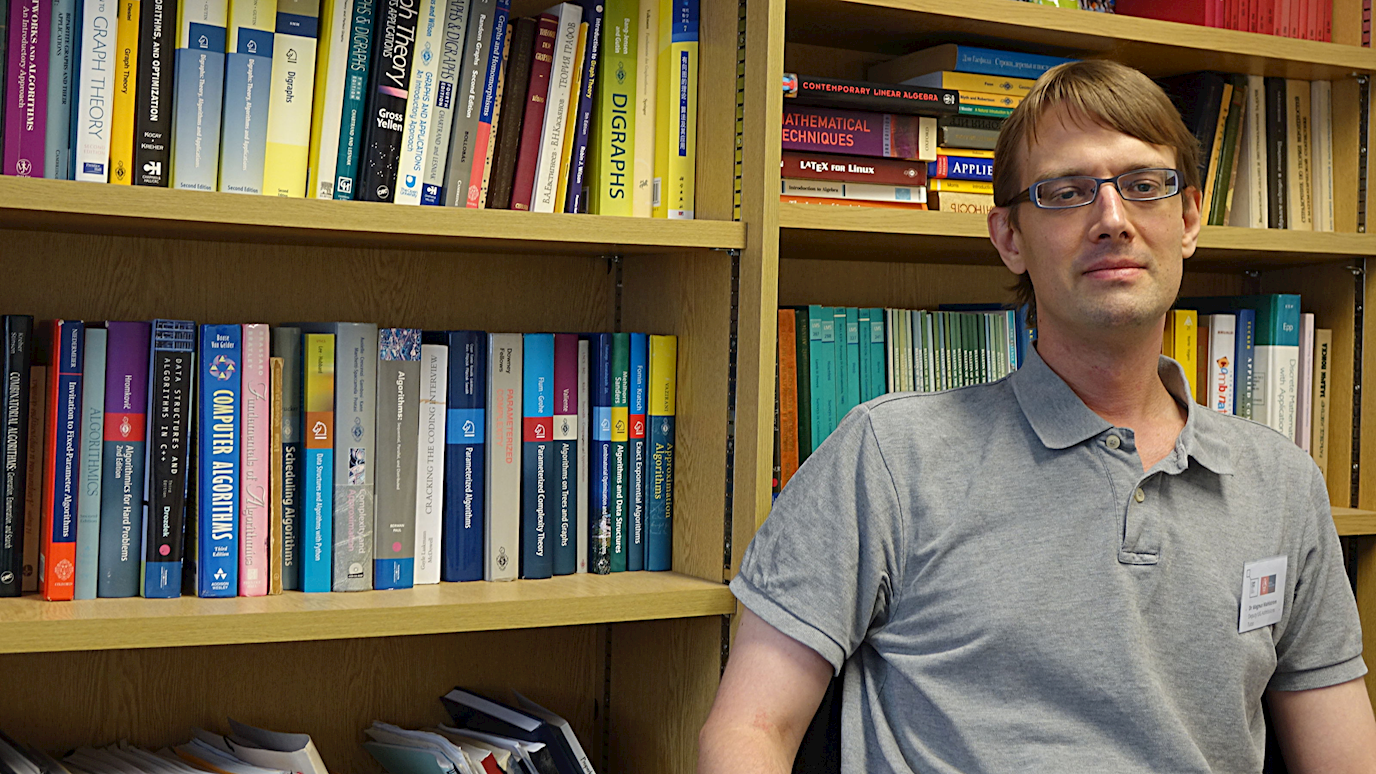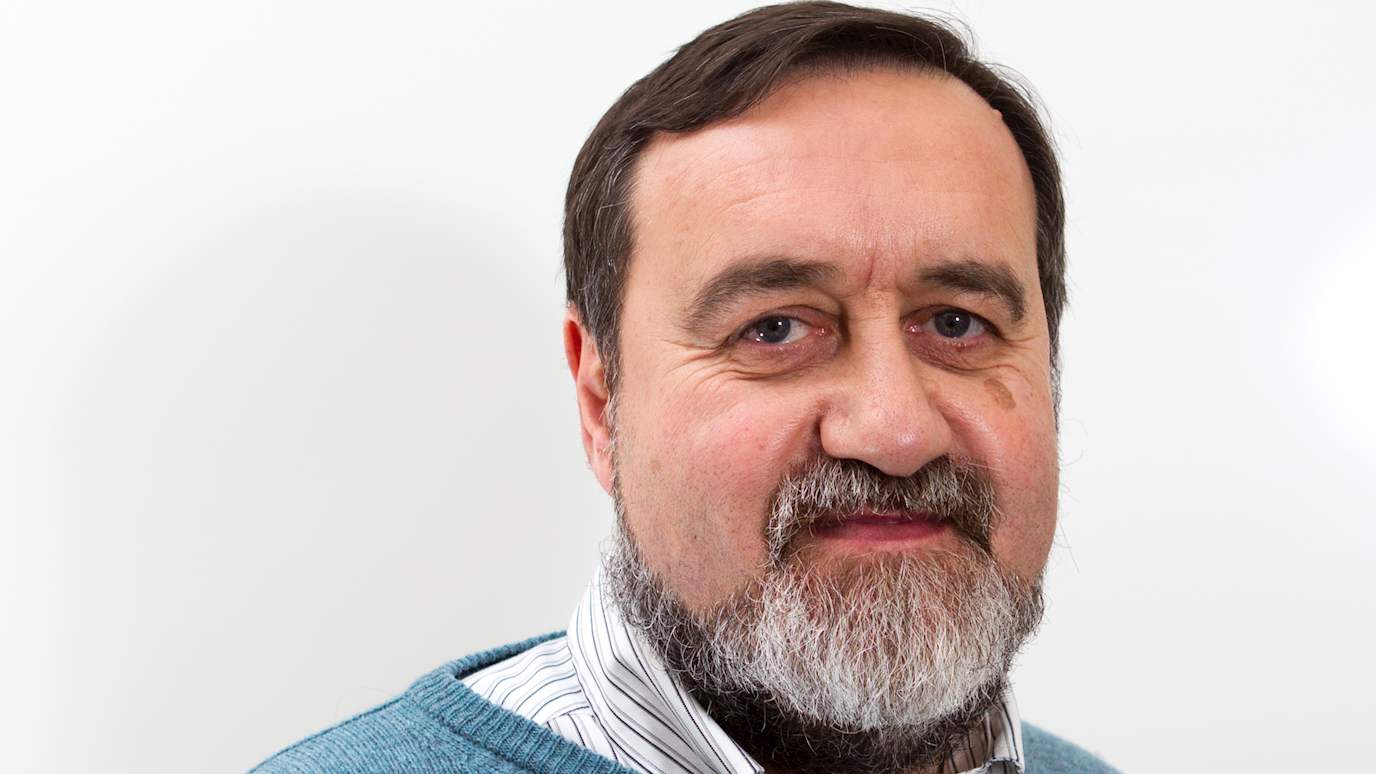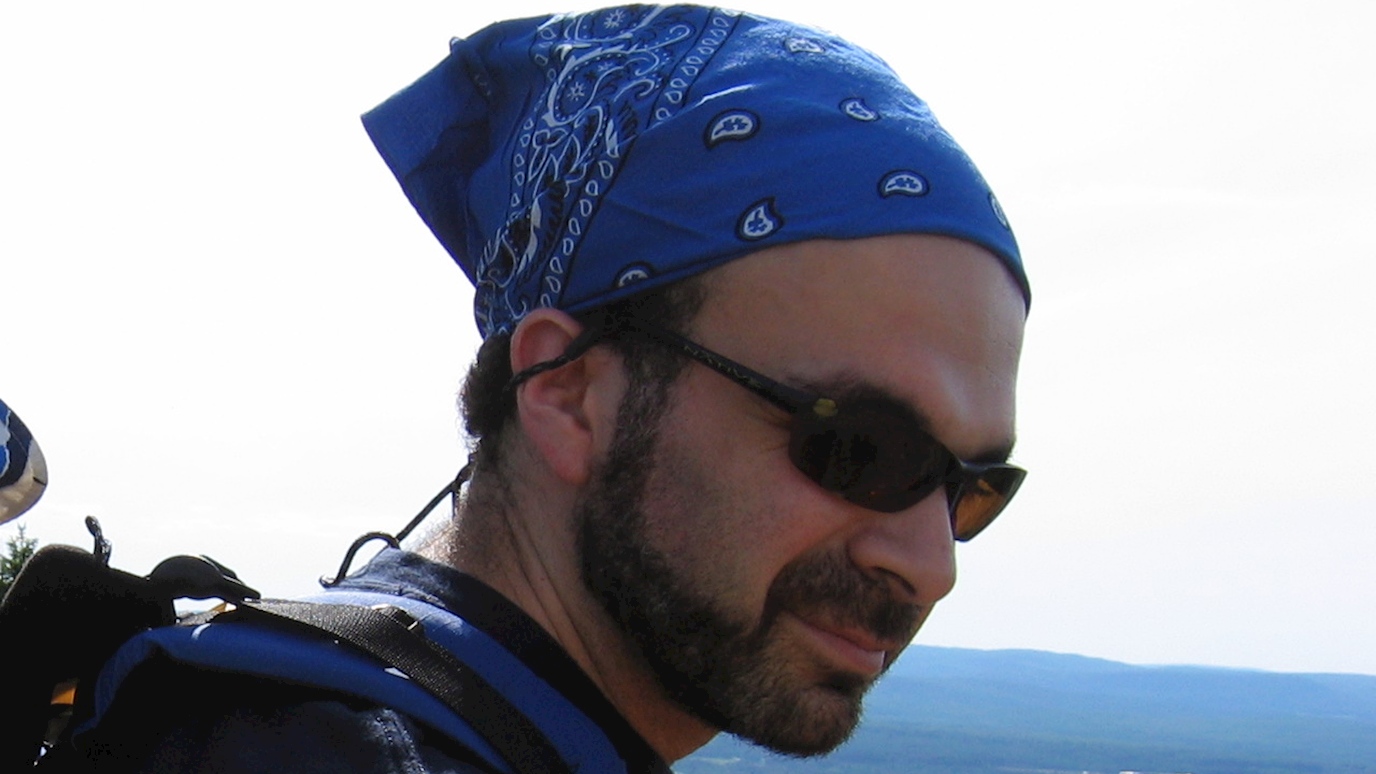Our research is structured in centres, some of which are joint with other departments or include academics from other departments.
Algorithms and Applications
Our Centre for Algorithms and Applications is concerned with the study of various kinds of algorithms – parameterised, exact, randomised, heuristic and approximate – for problems arising in graph and hypergraph theory, constraint satisfaction, combinatorial optimisation, and their numerous applications. Our current main focus is, from a theoretical perspective, in parameterised algorithms and computational complexity and, from the point of view of applications, in access control in information security.
Bioinformatics
We address a variety of different areas within Bioinformatics including gene prediction, Protein-DNA interactions, reconstructing Biological networks from transcriptomic data, and identifying markers in human serum using proteomic data. The method and techniques that we use include machine learning, statistical modelling and pattern-recognition techniques for solving problems in systems biology. Part of this research is done in Professor Paccanaro's lab and as part of the Centre for Systems and Synthetic Biology, which is joint with the Department of Biological Sciences.
Distributed and Global Computing
Our Centre for Distributed and Global Computing was established in late 2012 and is researching a wide spectrum of topics spanning all aspects of theory and practice of distributed systems. The group's unique focus in on large-scale and dynamic distributed systems exemplified by the modern days clouds; resilience and security of IoT systems; formal modelling and analysis of cyber-physical systems with applications in security and medicine; cognitive and autonomous agent systems; and automated planning, scheduling and search control with applications in surveillance operations, disaster response missions, and space operations.
Machine Learning
Our Computer Learning Research Centre, founded in 1998, is involved both in fundamental research and in commercial industrial applications in various fields of machine learning. The current research topics are universal prediction, Support-Vector method, probabilistic reasoning, the theory of Kolmogorov and predictive complexity, on-line prediction with expert advice, transductive inference, reinforcement learning, and computational finance.
Robust Inference in a Digital Economy
The Centre for Robust Inference in a Digital Economy was established in October 2016 as a joint research centre between the Departments of Computer Science and Economics. The main area of research is robust inference as the basis for robust decision-making in finance, economics, and other social sciences.
Software Language Engineering
Work in the Centre for Software Language Engineering includes traditional programming language design and implementation; Domain Specific Language development; reverse compilation; modular syntax and semantics; the interpretation of biological sequence data; the semi-automatic derivation of customised computer architectures for embedded systems; type theory; proof assistants; verification of infinite-state systems; and automatic assessment of the reliability and security of software.
























